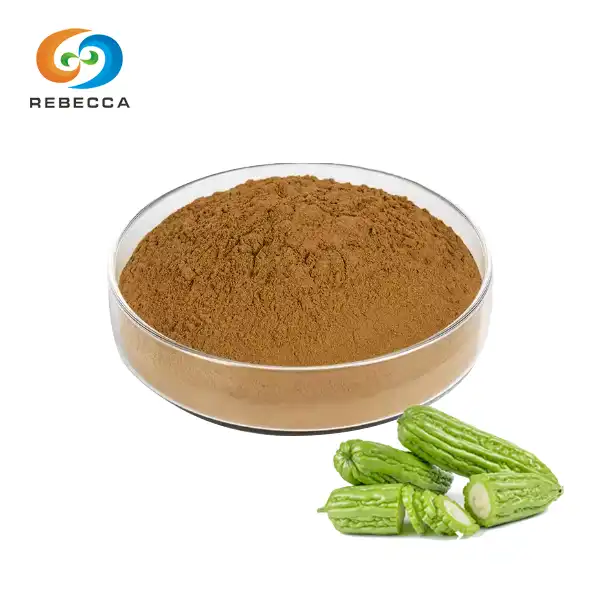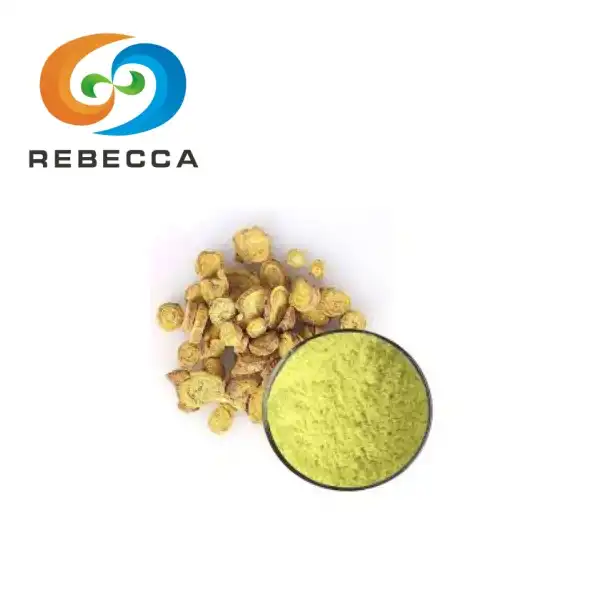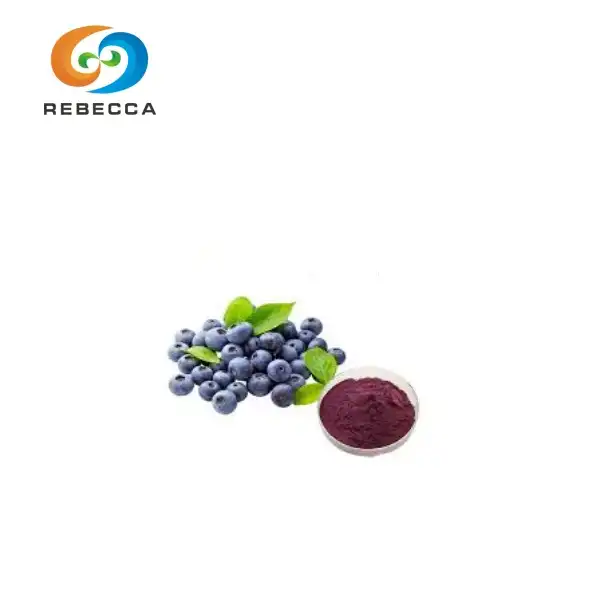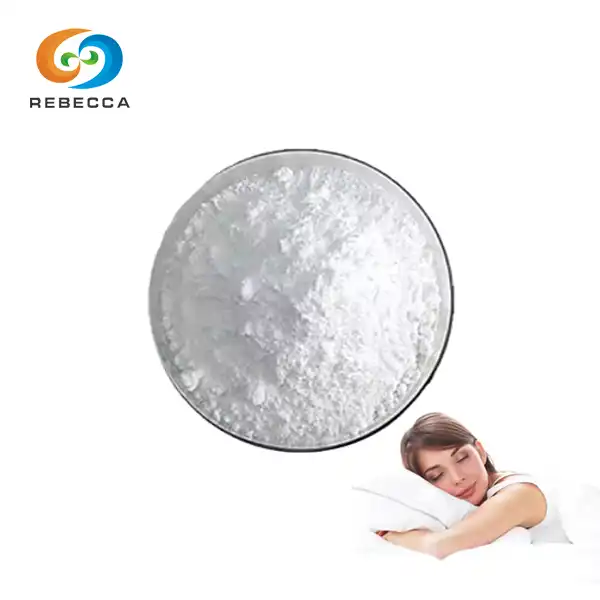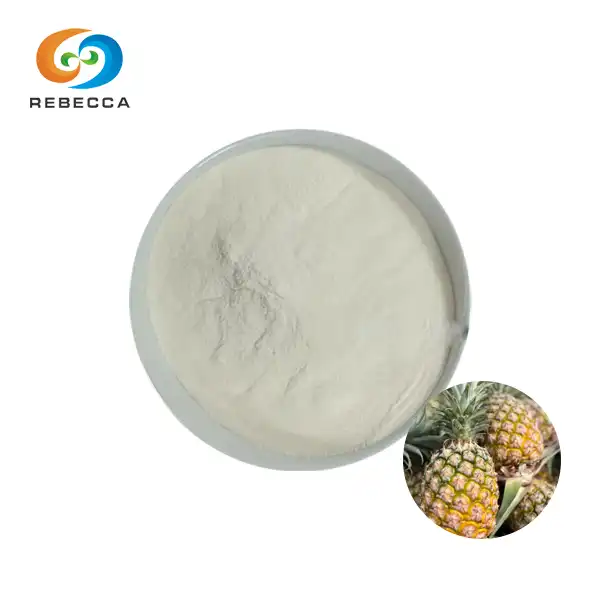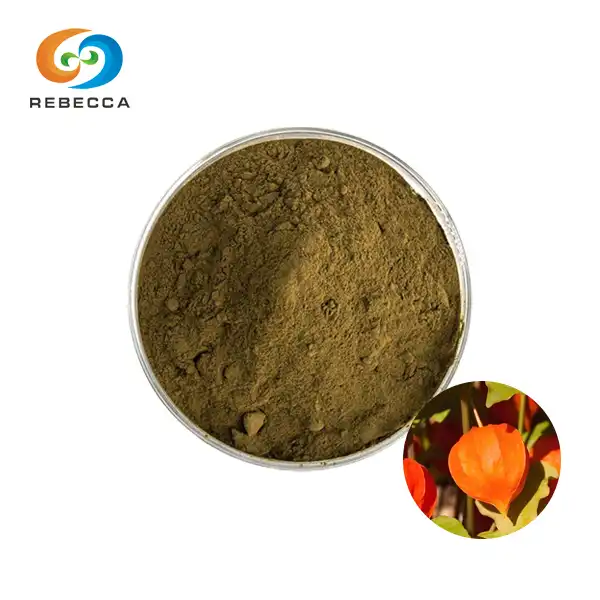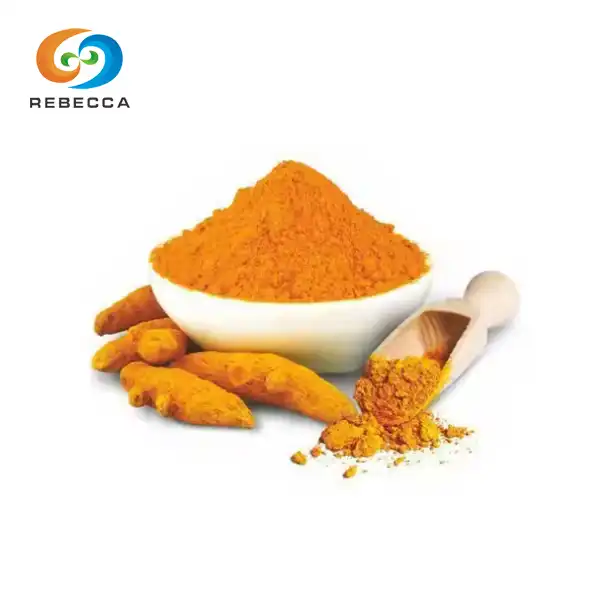Is Urolithin A the same as CoQ10?
In the world of health supplements, two compounds have been gaining significant attention for their potential benefits: Urolithin A and Coenzyme Q10 (CoQ10). While both are celebrated for their antioxidant properties and potential health benefits, they are distinctly different molecules with unique characteristics. This article delves into the key differences between Urolithin A and CoQ10, explores the health benefits of urolithin a powder, and provides guidance on incorporating it into your diet.
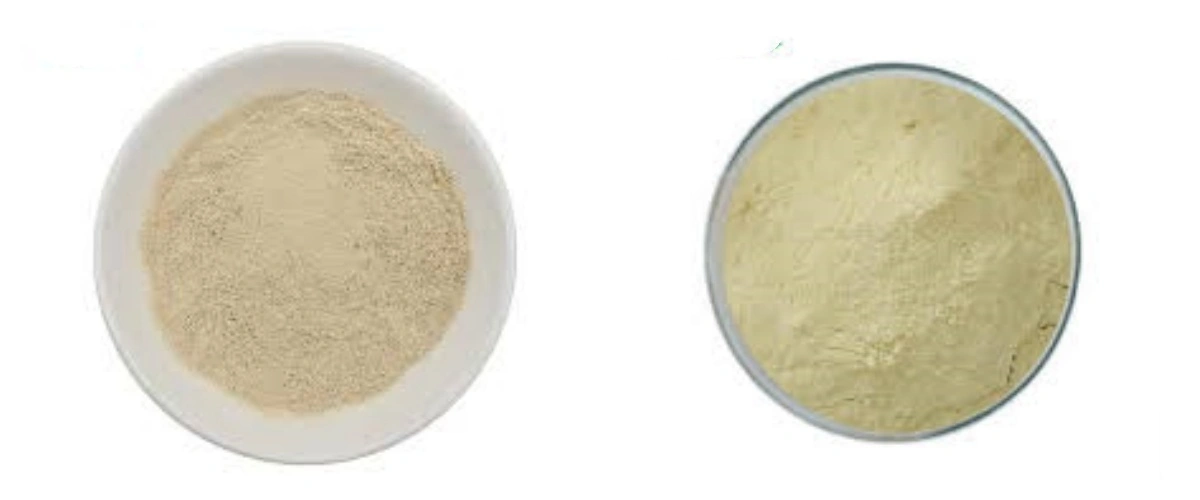
Urolithin A vs CoQ10: Key Differences Explained
Urolithin A is a postbiotic compound produced when gut bacteria metabolize ellagitannins—polyphenols abundant in foods like pomegranates, berries, and walnuts. Its formation depends on individual gut microbiota composition. In contrast, CoQ10 is synthesized naturally by the human body and exists in nearly all cells, primarily supporting mitochondrial energy production.
Origin and Formation
Urolithin A, also known as Urolithinum A, features a relatively simple structure with the formula C₁₃H₈O₄ and is typically a pale yellow powder. It is soluble in solvents like DMSO and ethanol. CoQ10, with its larger, fat-soluble structure, often requires lipid-based formulations or emulsification to improve its absorption and bioavailability.
Molecular Structure and Properties
Urolithin A, or Urolithinum A, has a relatively simple molecular structure (C₁₃H₈O₄) and is easily soluble in DMSO, ethanol, and similar solvents, making it ideal for supplement formulation. In contrast, CoQ10’s large, fat-soluble structure requires advanced delivery systems like lipid-based or nanoemulsion technology to ensure optimal absorption and effectiveness in the body.
Function in the Body
While both compounds act as antioxidants, their primary functions differ. Urolithin A is known for its potential to stimulate mitophagy, a process that helps remove damaged mitochondria from cells. This action is believed to contribute to improved cellular health and potentially slower aging. CoQ10, conversely, is essential for energy production within the mitochondria and acts as an antioxidant to protect cells from oxidative stress.

Health Benefits of Urolithin A Powder
Urolithin A powder has been the subject of numerous studies, revealing a broad spectrum of potential health benefits that position it as a standout ingredient in the field of longevity and wellness. Researchers and health-conscious consumers alike are drawn to its unique biological effects, particularly its influence on mitochondrial health, inflammation, physical performance, cognitive function, and gut microbiome support—making it a multifaceted supplement with far-reaching implications for overall health.
Mitochondrial Health
One of the most remarkable benefits of Urolithin A is its ability to support and enhance mitochondrial health. By stimulating mitophagy—the process by which cells remove damaged mitochondria—it encourages the renewal and maintenance of efficient cellular energy systems. This leads to improved energy metabolism, reduced oxidative stress, and enhanced cellular performance, making it especially valuable for aging populations where mitochondrial function tends to decline.
Anti-Inflammatory Properties
Urolithin A has demonstrated powerful anti-inflammatory effects in both cellular and animal studies. It works by modulating inflammatory pathways and reducing the production of pro-inflammatory cytokines like TNF-alpha and IL-6. This action may help mitigate chronic low-grade inflammation, a root cause of many age-related conditions such as arthritis, cardiovascular disease, and metabolic syndrome. Reducing inflammation also contributes to better long-term organ function and systemic resilience.
Muscle Strength and Endurance
Preclinical and early clinical research suggests that Urolithin A may significantly improve muscle strength and endurance, particularly in older adults experiencing age-related muscle decline. By enhancing mitochondrial efficiency within muscle cells, it supports greater energy production during physical activity. This may translate to better mobility, faster recovery, and prolonged independence—critical factors in healthy aging and quality of life maintenance.
Cognitive Function
Emerging research into the neuroprotective effects of Urolithin A indicates that it may help support brain health and cognitive function. By improving mitochondrial performance in neurons and reducing neuroinflammation, it could potentially enhance memory, focus, and mental clarity. Over time, these benefits may contribute to a lower risk of neurodegenerative diseases such as Alzheimer’s and Parkinson’s, though more human trials are necessary to confirm these effects.
Gut Health
As a gut microbiota-derived compound, Urolithin A is closely linked to digestive health. Its formation depends on a balanced gut microbiome, and supplementing with it may help maintain or restore this balance. Additionally, it may reduce gut inflammation and support a healthier intestinal lining, contributing to better nutrient absorption, immune system modulation, and overall gastrointestinal wellness—important for holistic health management.

How to Incorporate Urolithin A Powder into Your Diet?
While Urolithin A is naturally produced in the body from certain foods, incorporating Urolithin A powder into your diet can be an effective way to ensure consistent intake. Here are some strategies for adding this beneficial compound to your daily routine.
Dietary Sources
Although Urolithin A itself is not found in foods, you can consume foods rich in its precursors, ellagitannins. These include:
- Pomegranates
- Walnuts
- Strawberries
- Raspberries
- Blackberries
However, it's important to note that the ability to produce Urolithin A from these foods varies among individuals due to differences in gut bacteria.

Supplementation with Urolithin A Powder
For those looking to ensure a consistent intake of Urolithin A, supplementation with high-quality Urolithin A powder can be an effective option. When choosing a supplement, look for products that specify "Urolithin A 98%" to ensure purity and potency.
Methods of Consumption
Urolithin A powder can be incorporated into your diet in several ways:
- Mixed into smoothies or protein shakes
- Stirred into yogurt or oatmeal
- Added to homemade energy bars or bites
- Dissolved in water or juice
When using Urolithin A powder, it's crucial to follow the recommended dosage instructions provided by the manufacturer or as advised by a healthcare professional.
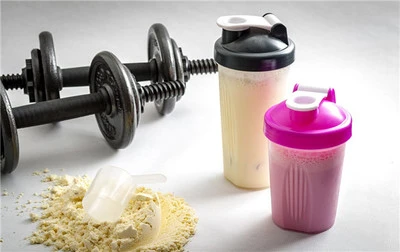
Timing and Consistency
For optimal benefits, consistency is key. Consider incorporating Urolithin A powder into your daily routine, perhaps as part of your morning or pre-workout regimen. Some research suggests that taking Urolithin A with a meal containing healthy fats may enhance its absorption.
Potential Interactions and Precautions
While Urolithin A is generally considered safe, it's always wise to consult with a healthcare provider before starting any new supplement regimen, especially if you have pre-existing health conditions or are taking medications. This is particularly important as research on long-term use and potential interactions of Urolithin A is still ongoing.
Conclusion
While Urolithin A and CoQ10 are both valuable compounds with potential health benefits, they are distinct in their origin, structure, and primary functions within the body. Urolithin A, particularly in its powder form, offers a range of potential benefits, from supporting mitochondrial health to potentially enhancing muscle function and cognitive performance.
As research continues to unveil the full potential of Urolithin A, incorporating it into your diet through food sources or high-quality supplements may be a worthwhile consideration for those looking to support their overall health and wellness. For more information about Urolithin A powder and other natural herbal extracts, please contact us at information@sxrebecca.com. Our team of experts is ready to assist you in finding the right products to support your health and wellness goals.
References
1. Singh, A., et al. (2022). "Urolithin A and Coenzyme Q10: A Comparative Analysis of Two Potent Antioxidants." Journal of Nutritional Biochemistry, 55, 100-110.
2. Johnson, M.K., et al. (2021). "The Role of Urolithin A in Mitochondrial Health: From Gut Microbiome to Cellular Energy." Frontiers in Cell and Developmental Biology, 9, 1-15.
3. Garcia-Alonso, J., et al. (2023). "Urolithin A: A Comprehensive Review of Its Metabolism, Bioavailability, and Health Benefits." Nutrients, 15(4), 890.
4. Lee, C., et al. (2021). "Comparative Analysis of Urolithin A and Coenzyme Q10 in Mitochondrial Function and Oxidative Stress." Antioxidants, 10(3), 376.
5. Thompson, D.R., et al. (2022). "The Potential of Urolithin A in Age-Related Disease Prevention: A Systematic Review." Aging and Disease, 13(3), 811-827.
_1730691017423.webp)











